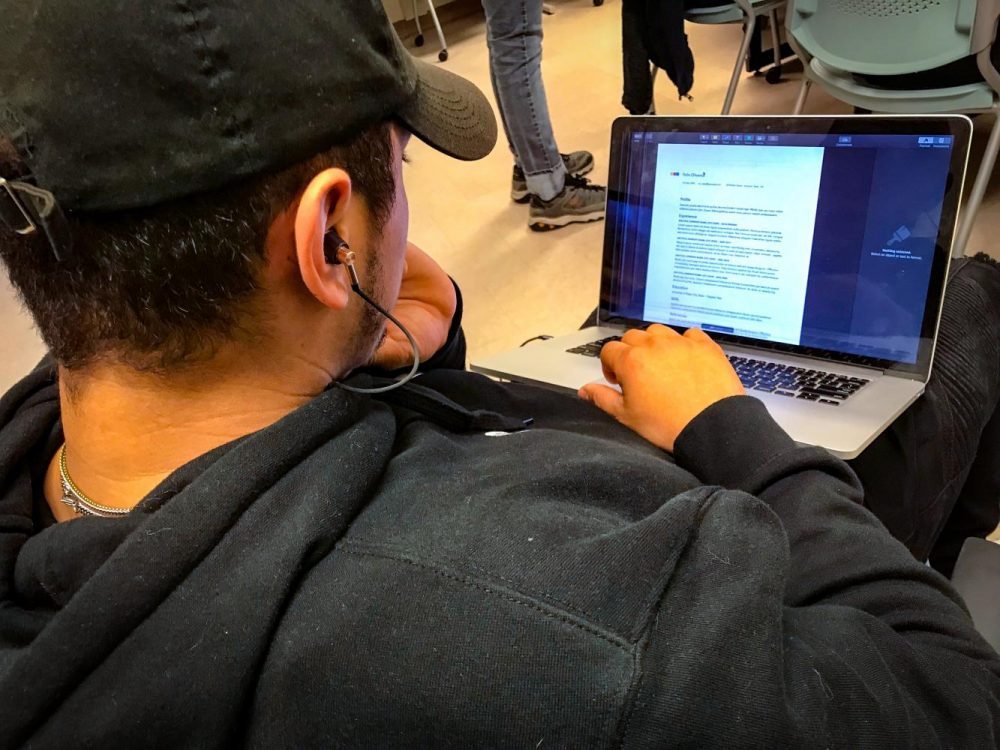The assortment and availability of online classes at American River College recently increased with the launch of ARC Online 2.0, and students will now be able to obtain majors solely through online course units.
While, I think this is mostly an improvement, and will make academia more accessible and affordable, the concept of online classes can be misleading.
A lot of students assume that taking a class online will be easy — or at least easier than taking classes in person. And while most college students (myself included) avidly support any opportunity to avoid getting up and being human before 1 p.m., there are many drawbacks to online classes to consider before rushing to add a full schedule of them.
It’s incredibly easy to get distracted while online. Instagram, Facebook, Reddit, Netflix and YouTube are just a click away, and red dot notifications sit waiting to be clicked, promising validation and praise in the form of likes and shares.
Focusing on online coursework can require an attention span and sense of self-restraint that is uncharacteristic of many college students.
Students looking to take online classes also need to find a space suitable for working. It’s easier to get distracted or doze off when you’re not in a casual work environment, so it is important to have a quiet area to do classwork at — preferably at a desk.
There is the increased chance that some students will try to multitask while doing their schoolwork outside of school or class. This is not inherently bad, as some of that multitasking may be activities supplemental to the course material.
Unfortunately, a lot of online classes are also not engaging. Responses and discussion boards become a chore, and students feel there is no point to putting effort or individuality in our writing.
I once took a hybrid online class to fulfill an English general education requirement, in which we completed most of our work online, but still met on campus every two weeks for a writing assignment. We were expected to peer review each other’s writing easily, despite our apparent unfamiliarity. This is besides the fact that we received and had to write our essay prompts in the same meeting, completely rushed.
This can be especially hard when you have a professor who is unfamiliar with technology. Once I took a business course with a professor who had taught at that college for a long time. He rarely, if ever, checked his emails or messages within the application the class used.
Sometimes it’s just not worth messaging a professor, and questions the student may have go unanswered or dismissed. In person, students can ask questions in real time and start actual discussions about the current material, instead of trying to work up the courage to hit send on an email.
Even us shy students who avoid raising our hands in class can benefit from hearing other students’ questions answered. It’s generally a good idea to avoid taking classes online in subjects that you’re having trouble with.
Online college classes are undoubtedly a huge advancement for technology in education. Distance education offers opportunities to people who previously could not go to college due to reduced mobility, health issues, transportation expenses, or busy schedules.
It is also important to remember that not all of these classes or professors are the same. Every professor or class is different, and there are online classes that may be effective and interesting — it really depends on how they are presented to the students.
(Originally published in digital and print Vol. 70 Ed. 7)








